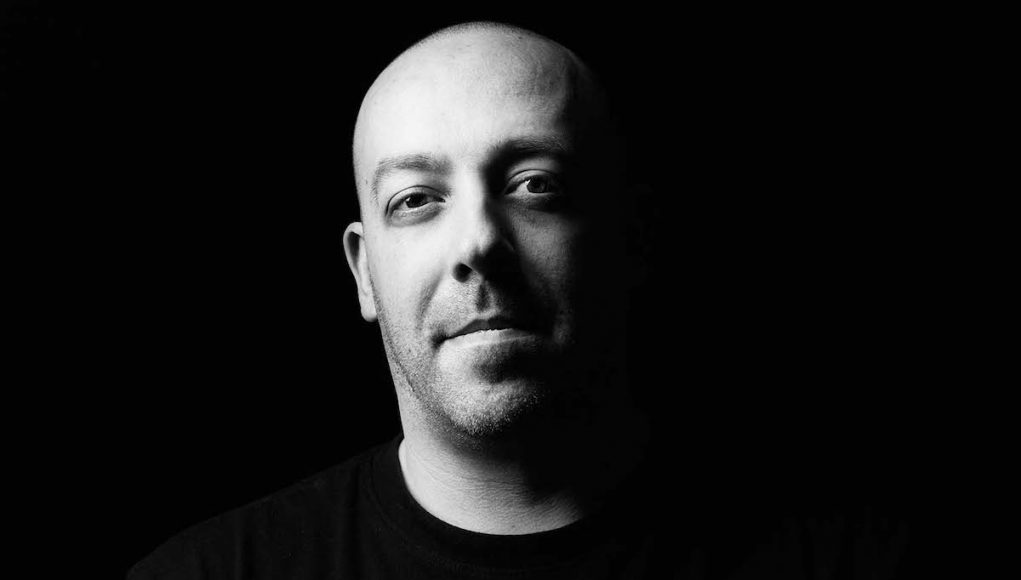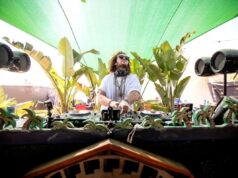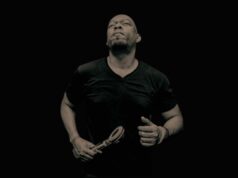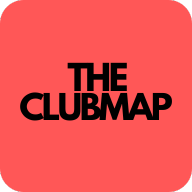Please introduce yourselves to our readers.
I’m an electronic music lover and a music producer nerd.
Could you tell us about your debut album Movement on Tutu Recordings?
It represents my musical progress as a result of the countries and cities where I have lived and been influenced by their cultures and trends. It also defines its musical composition by using modulations and polyrhythmic sequences to keep sounds and rhythms in constant movement.
How did the connection with Tutu Recordings happen?
It was simple. Edgar is one of my closest friends, and we’ve spent a lot of time working together and supporting each other. He’s also a fantastic promoter, and I’ve had the pleasure of performing at his events and festivals in recent years.
When and where did you record it? What equipment did you use?
My inspiration and goal was to compose it in a variety of styles so that everything had its own personality. I used all of the devices I use in my live set for these (Elektron Digitakt, Analog Keys, Digitone, Octatrack, and Modular), as well as certain plugins and software like Ableton Live, Reaktor, and Max4live.
What are your musical influences from childhood?
I began studying music theory, classical music, and piano and guitar lessons at an early age. But everything changed when I started listening to EBM and electronic pop at the age of 14. That shifted my musical perspective?)tastes, and I started DJing as a result.
Is it even possible to argue about musical tastes?
I enjoy a wide range of music, from pop to techno and occasionally jazz.
Which track would run when you moved into your boxing match?
I’m not a fan of boxing.
What was the worst job you ever had?
I used to work in a computer shop to help pay for my studies. It was tedious, and I was never paid for it. After two months on the job, I decided to leave!
Describe your sound to someone who has never heard it before.
Mental techno with raw textures and broken beats.
How did you start producing music?
It was the logical next step in my DJ career. I wanted to learn more about how the music I loved was created, so I enrolled at a Music Academy.
What do you do when equipment goes on strike?
In a live set scenario, it’s a hard thing to solve, so I’ll try to get as many machines and concepts or patterns as possible to have more resources to work with.
How do you handle music requests?
For my upcoming releases, I’ll attempt to be cautious about where and how I edit my music for this project, which is really special to me.
Do you have any good tour stories from clubs or festivals?
Sure, there are too many to mention, but the most recent was one of the first times I performed live. I had been booked for an open-air festival and had realized that the sun made it impossible to see the information on my synthesizers and groove machines. It was the most random live improvisation set I’d ever done.
What would you do if you weren’t a musician?
Something to do with graphic design, video, or photography.
What is the most important musical equipment invention of all time – and why?
Synthesizers, in my opinion, altered the way we all perceive music.
What would you advise to become a professional?
It’s a long journey with plenty of ups and downs. Do what you enjoy and never give up.
What are your plans for the future?
Release all of the music I’ve recorded in the last few years and concentrate on developing further my Live performances and DJ gigs.
Gimenö’s debut album Movement is out now via TUTU. Grab it here!








